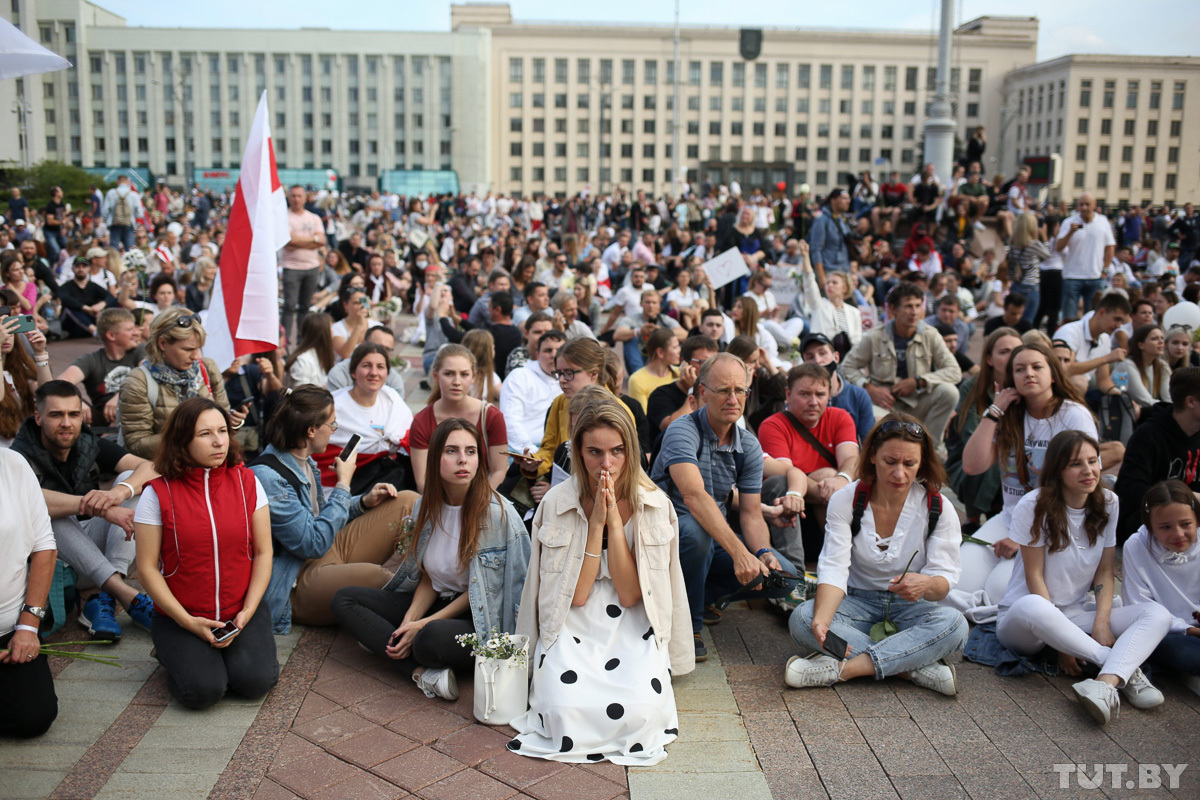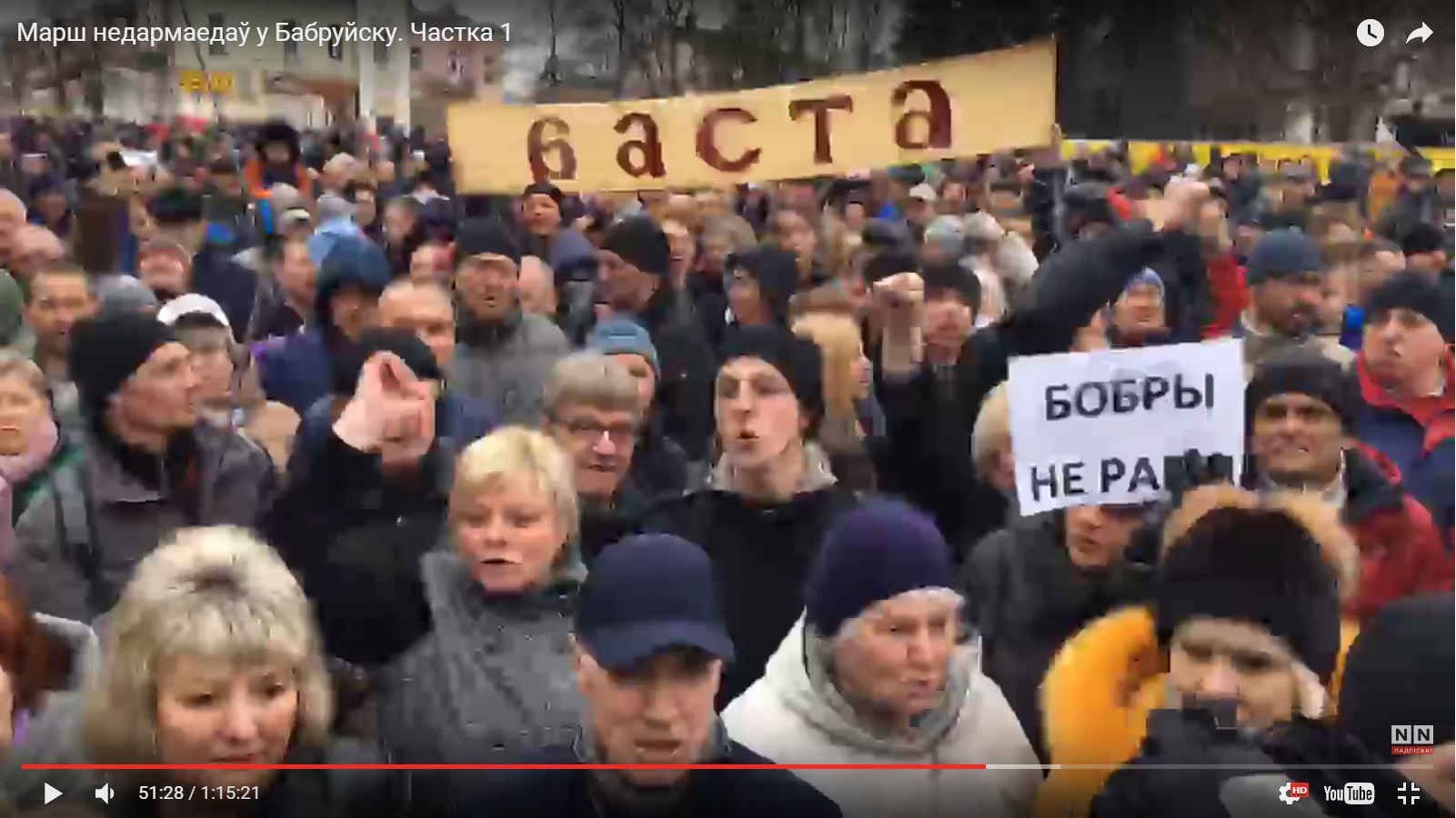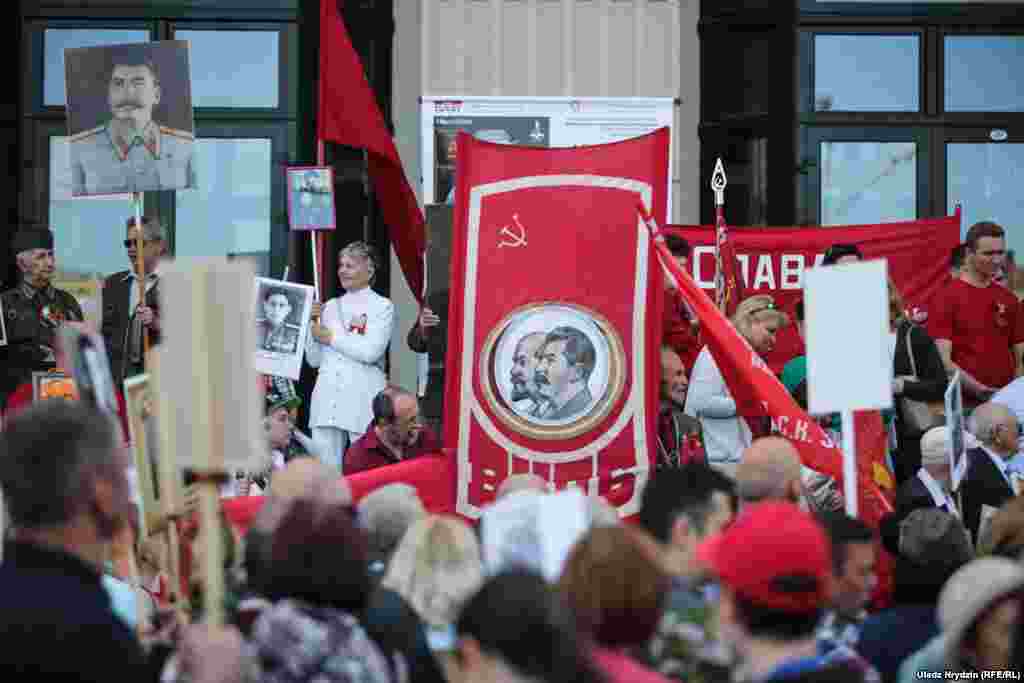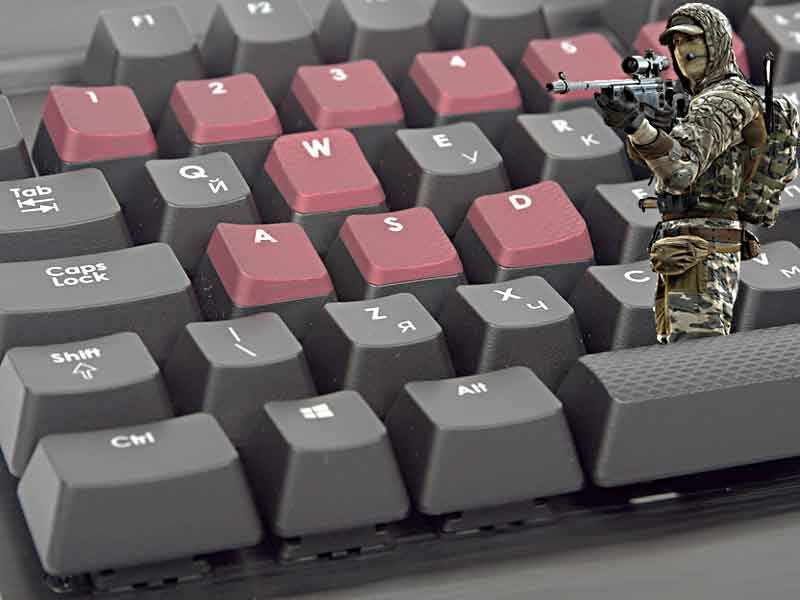The response of the international community to the state violence that we are currently witnessing in Belarus, will be naturally influenced by the experience of crises in Syria and Ukraine.
From the Syrian situation, we have learned that the International Criminal Court is not equipped with the powers to try the perpetrators of even the most serious international crimes unless the state in question is a party to the Rome Statute. Belarus neither signed nor ratified the Statute, therefore the International Criminal Court does not have the jurisdiction to try Lukashenka or his associates, the same as it was not prepared to try Assad.
There is also the option of a United Nations Security Council referral to the ICC, however considering the close relationship between Belarus and Russia and China, this will most likely be vetoed by these countries in the Security Council. Therefore, the ICC option is unfortunately off the table, similar to what happened with Syria.
#Belarus is not a party to the Rome Statute of the International Criminal Court, so the #ICC does not have jurisdiction. The UNSC referral will also most likely be vetoed by Russia and China (similarly to the Syria situation). #BelarusElection #BelarusFreedom https://t.co/uOYgtzuBNf
— Karolina Aksamitowska (@DrKaroAks) August 12, 2020
However, just because the ICC is unable to try Lukashenka does not mean that other countries will not.
A video of the brutal episode captured by *that very Reuters photo* in Minsk #Belarus yesterday. A beaten protester collapses to the ground; crowd shouts to riot police officer "Let him go!", he issues a retort#BelarusPresidentialElection#StandWithBelarus pic.twitter.com/xiiKVu34Zn
— Euromaidan Press (@EuromaidanPress) August 10, 2020
Although the ICC might not be as effective in delivering justice to the victims of core international crimes, because of its very limited resources and staff, the fact that many States have ratified and domesticated the Rome Statute of the Court, means that – the legal framework allowing – they can prosecute perpetrators of international crimes in their domestic courts.
In the past, it was possible through the passive personality jurisdiction and the active personality jurisdiction, which means that for instance if the victim or the perpetrator was a Dutch citizen, the case could be taken up by a Dutch court. Nowadays, thanks to the revival of the principle of universal jurisdiction, in some States it is possible to carry out prosecutions and investigations resulting in a conviction without any link to the country of origin.
Thankfully courts in these countries are used to admitting electronic evidence in trials, and there is plenty of that both in the case of Syria, Ukraine, and as we have been observing for the last few days, in Belarus, too.
There are many video and sound recordings of torture in detention centers in Minsk. Of course they would have to be verified by experts to determine whether they could be admissible in a court of law, but in principle they could be used as evidence during trials. The ongoing trials of the Assad regime members from Syria in Koblenz in Germany, as well as the Yazidi genocide trials in Munich, paved the way for the fight against impunity in situations where the ICC is unable step in.

The short term solution would be the recognition of Sviatlana Tsikhanouskaya as the legitimate president-elect of Belarus by the EU bloc and the United States.
Veronika Tsepkalo: I appeal to the international community. Plz help stop the mayhem in Belarus. Help stop the bloodshed. Recognize Svetlana as the only legally elected President. Help release political prisoners and hold free elections. Plz help the Belarusian people. Thank you pic.twitter.com/0Xc3iznOpz
— Tadeusz Giczan (@TadeuszGiczan) August 11, 2020
This will facilitate government change and leave Lukashenka with fewer options. The EU and the United States should also liaise with third countries and coordinate a dialogue between the old regime and the new president-elect, in order to secure a peaceful transition of power. [Sviatlana Tsikhanouskaya has asked for such help in her recent appeal – Ed.]
Sanctions are a great interim option, however, the example of Crimea and the sanctions introduced then demonstrated that the economy is able to adapt and life goes on. I believe that imposing non-targeted sanctions with the goal of damaging the Belarusian economy and thus forcing a regime change is not needed in the case of Belarus. The factory workers who went on strike in the biggest Belarusian factories have already taken care of that.
On the other hand, targeted sanctions against specific individuals supporting the violence and Lukashenka himself must be imposed after carefully compiling a list of people who are involved in the post-election violence that we are currently witnessing.
The internet shut down in Belarus already forced some of the big companies like War Gaming to move their servers to Uzbekistan and definitely made their work from Belarus more difficult. In the long run, it is not hard to imagine that vague sanctions could jeopardize the fast-developing IT sector in Belarus, which is not the result that we want. Later, even if sanctions are lifted, some companies might still be reluctant to return to Belarus.
Targeted sanctions, on the other hand, are directed at leaders, their core allies in the regime’s hierarchy, and/or specific enterprises and agencies engaged in criminal behavior, and, in the case of Belarus, in torture and more broadly post-election violence.
With all their economic effectiveness or limited political effectiveness, sanctions are to a large extent merely a symbol of political disapproval. When imposed quickly and without consultation, sanctions legislation lacks precision and coherence and thus causes more harm than good.
Assuming that the goal of the sanctions’ legislators is putting political pressure on the country leaders, for sanctions to be effective, they need to be smart and targeted. By imposing wide-ranging sanctions, the population will suffer from the damaged economy while the big companies will look for new ways of circumventing the sanctions regime.
It is not an “either-or” option; both options need to be introduced.
Only these steps taken together can assure a peaceful transition in Belarus. What is more, freezing the assets of Lukashenka could help fund reparations for the victims of his regime.

I believe that a peaceful government change is possible in Belarus and that this peace-loving nation has already demonstrated – through gifting flowers to the officers and with the moving scenes of police and protesters embracing each other in the streets – that they are dedicated to reconciliation and forgiveness. Subsequently, a Truth and Reconciliation Commission or another type of local transitional justice mechanism could be introduced which would help deal with the past of the authoritarian regime.
Belarusian society seems to be rather united in their struggle for peace and justice, I do not have a doubt that all of this can be achieved.
Read also:
- “Russia has been successful at muddying the waters”: lessons from the Syrian conflict
- Fugitive Belarusian presidential challenger reappears, calls upon authorities to stop violence and start dialogue
- “It feels like we live in the Middle Ages.” Screams of tortured Belarusian protesters recorded near prison
- “You all know your numbers”: polling station rehearsed announcement of Belarus dictator Lukashenka’s “victory”
- Belarusian police detain and beat teenagers, injure 5-year-old
- Support Belarusian pro-democratic activists and their families
- What you need to know about the unprecedented Belarus presidential election, in a nutshell








